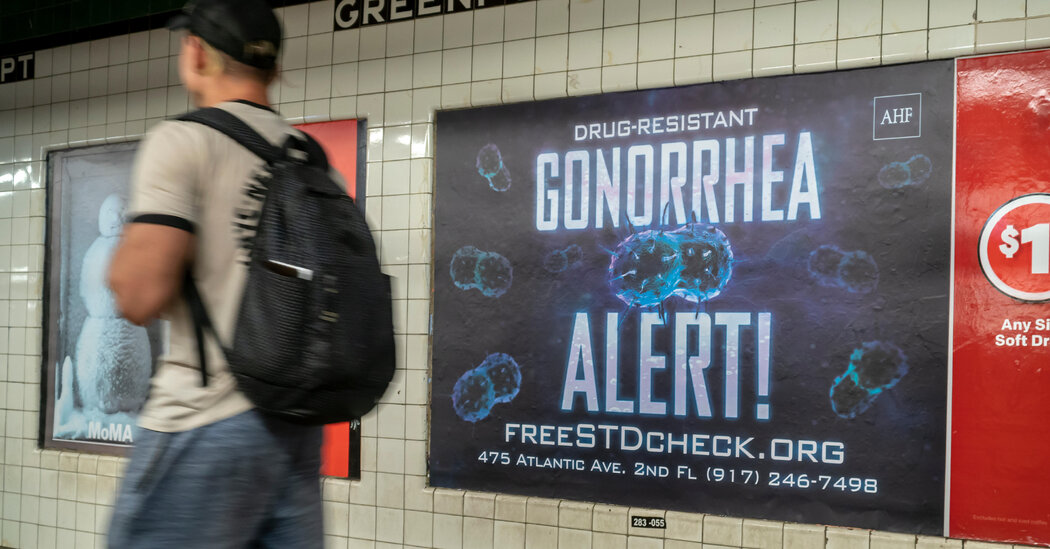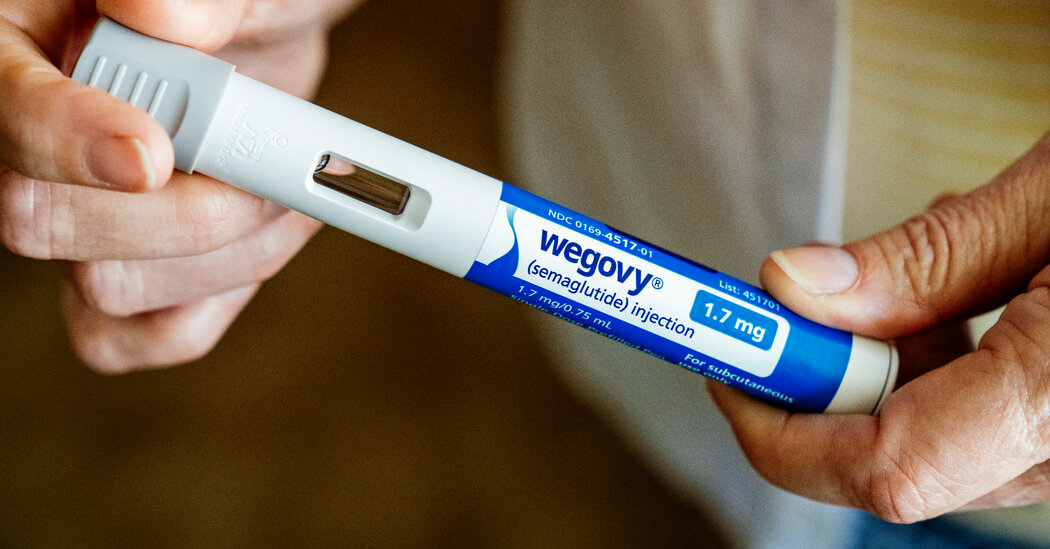Why Measles Outbreaks May Be the New Normal
Recent Trump administration actions are setting the stage for a measles resurgence, experts fear.As the Trump administration moves to dismantle international public health safeguards, pull funding from local health departments and legitimize health misinformation, some experts now fear that the country is setting the stage for a long-term measles resurgence.If federal health officials do not change course, large multistate outbreaks like the one that has torn through West Texas, jumping to neighboring states and killing two people, may become the norm.“We have really opened the door for this virus to come back,” said Dr. Thomas R. Frieden, a former director of the Centers for Disease Control and Prevention.In order for an outbreak to occur in the United States, the virus must first be imported into the country, and it must reach a large, unvaccinated population.Recent events have made both conditions seem increasingly likely, said Dr. William Moss, an epidemiologist at the Johns Hopkins Bloomberg School of Public Health.Efforts to control the spread of measles internationally have been disrupted by the Trump administration’s recent decision to withdraw from the World Health Organization, which runs a network of more than 700 laboratories that track measles cases in 164 countries.
Read more →








